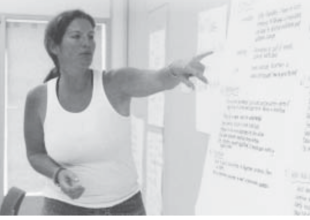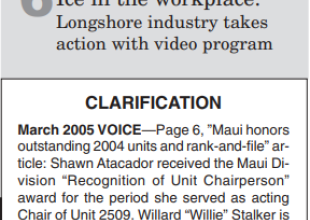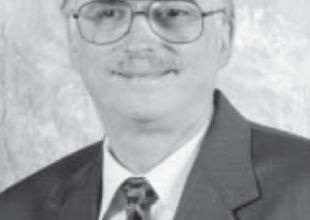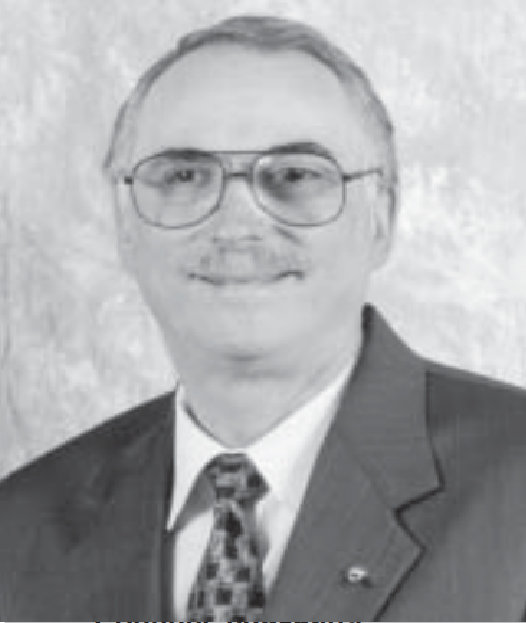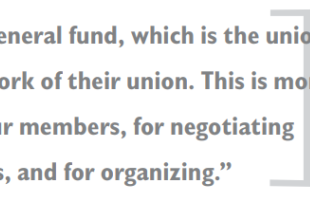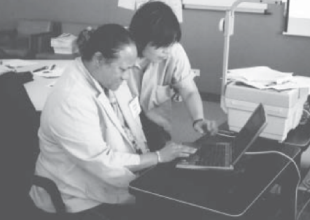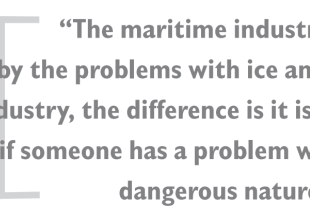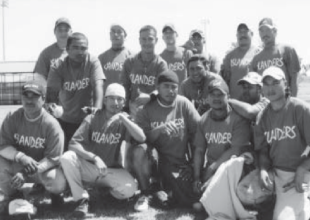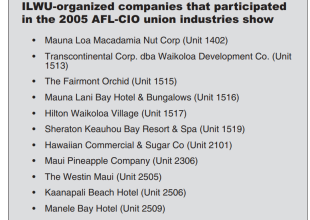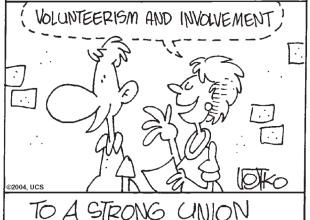Shop steward Zonette Tam had been working for 10 years toward a nursing degree while balancing her job and family life. Then on May 31 the ILWU Local 142 member received the news—she had won an AFL-CIO Union Plus scholarship. As a worker who helped organize her shop into the ILWU, the win was especially sweet.
“I had been on a career path to get a LPN [Licensed Practical Nurse] degree, but I got accepted into the nursing program at Univ. of Hawaii at Manoa and now this scholarship puts me over the top,” Tam said. “I can go for my RN and a bachelor’s degree.”


